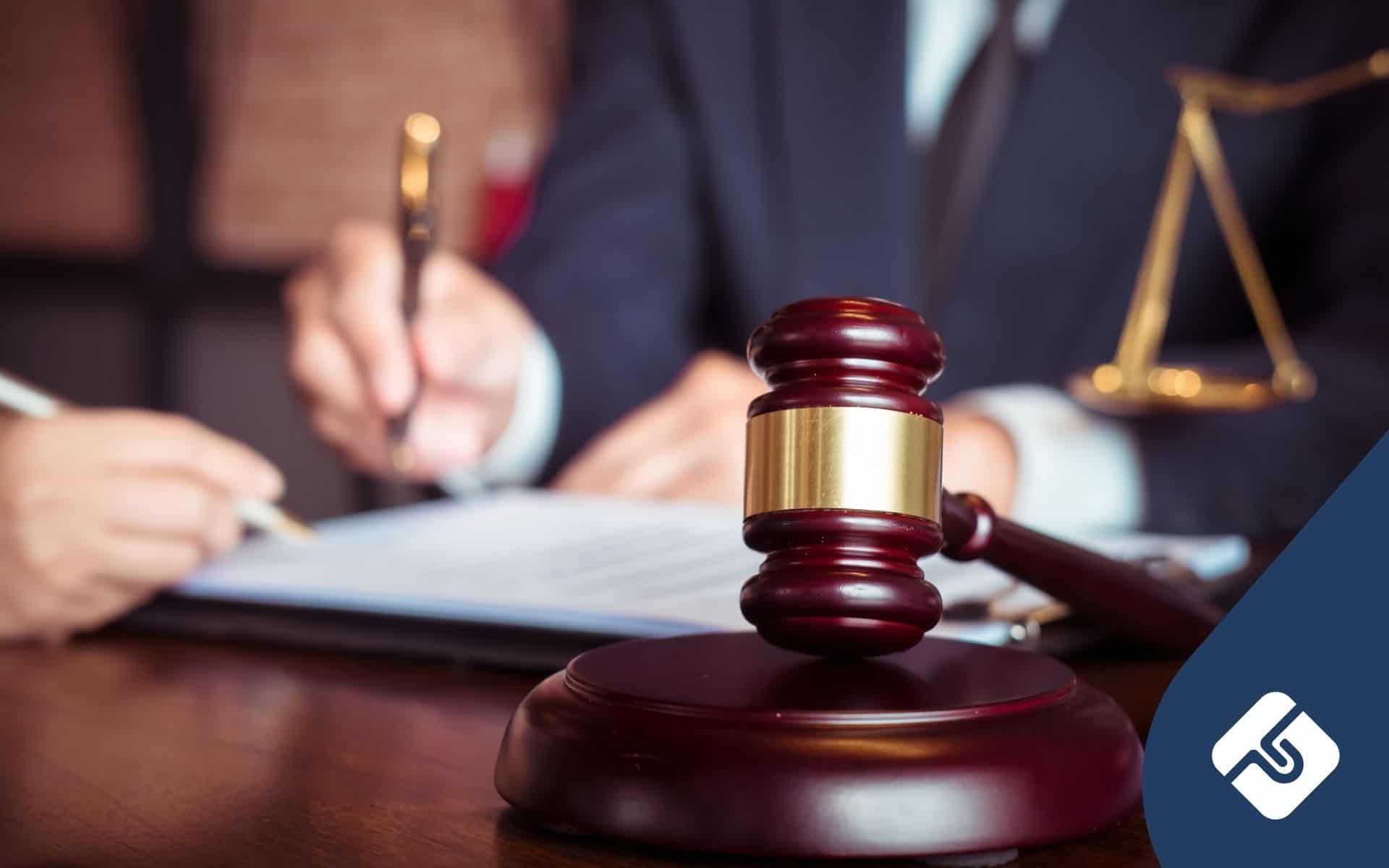Introduction
Procedural fairness is the principle of fairness in the processes that resolve disputes. It is concerned with procedures applied by the decision maker, instead of the actual outcome reached. It requires that a fair and proper procedure be followed.
What Does Procedural Fairness Involve?
There are no fixed attributes to the decision maker’s duty to deliver procedural fairness. In Kiao v West [1985]CLR 159 CLR at 550, Mason J claimed that ‘procedural fairness’ conveys the notion of a flexible obligation to adopt fair procedures which are appropriate and also adapted to the circumstances of the particular case.
Furthermore, in Re Minister for Immigation and Multicultural Affairs (2003) 214 CLR, Glesson CJ highlights the notion that ‘fairness is not an abstract concept’ rather it is ‘concern of the law is to avoid practical injustice’.
Procedural Fairness Rules
Additionally, procedural fairness traditionally involves three requirements: the bias rule, the hearing rule and the evidence rule.
- The bias rule ensures decision makers are objectively examined to be impartial
- The hearing rule requires decision makers to hear the individuals before making their decision
- The evidence rule requires the decision is based on evidence that is logically capable of supporting the facts
Procedural Elements Of A Fair Hearing
A fair hearing will generally consists of the following:
- Prior decisions that may affect a person’s interest
- Addressing critical issues
- Disclosure of information that is credible, relevant and significant that address such issues
- Substantive hearing – oral or written with a reasonable opportunity to present a case.
- There may also be a duty to legally represent an individual at a hearing
Individual Interests
Moreover, the presumption of natural justice applies to any statutory power which is apt to affect any interest possessed by an individual whether or not the interest amounts to a legal right.
Also, individuals that are subject to a decision must be provided with sufficent details of the matter, including:
- Reasons for the matter relating to him/her
- Information or evidence on which the decisions will be based
- Purpose of a decision
- Nature of the impending decision and relevant criteria for making the impending decision; and
- Possible outcomes which may ensue
The Opportunity To Be Heard
• An opportunity to make submissions (orally or in writing);
• An opportunity to give evidence and call witnesses; and
• An opportunity to test persons in relation to any adverse information or material.
Fair Process vs Just Outcome
To conclude, procedural fairness results in a fair hearing, not a just outcome. However, there is a potential for an inverse relationship between procedural fairness and a just verdict, that is procedural fairness can be found to have afforded where the decision was not fair. Therefore, judicial review are part of procedural fairness as it is concerned with the decision-making process instead of the verdict.






